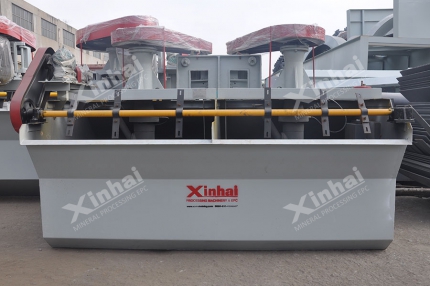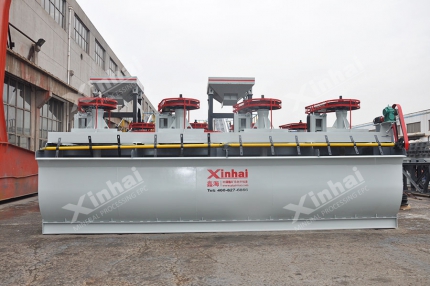In modern industry, the flotation process of fluorite ore is of vital importance, directly affecting the recovery rate and purity of the ore. In order to achieve efficient flotation of fluorite, multiple key factors need to be considered comprehensively. This includes not only the selection of flotation collectors, such as the widespread use of oleic acid, but also the rational use of inhibitors, pH adjustment of slurry, control of grinding fineness, management of slurry temperature, and optimization of flotation process technology. Only by fully understanding and mastering these factors can we achieve the best flotation effect in actual production and ensure the efficient use of fluorite ore resources.
Use the table of contents below to navigate through the guide:
01Fluorite ore flotation collector
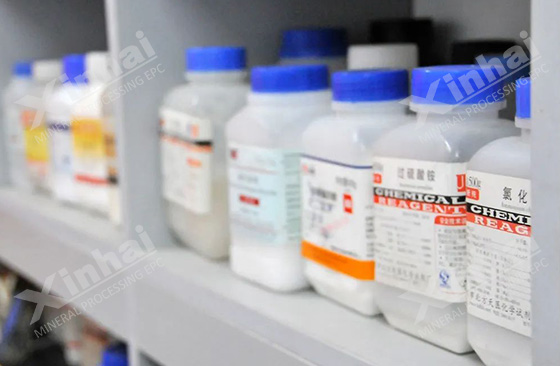
A common collector for fluorite ore flotation is oleic acid, which belongs to the fatty acid anion collector and exists in the oils and fats of all animals and plants. Oleic acid has the advantages of strong collecting ability, wide source and low price, so it is widely used in the flotation process of different minerals. Fluorite beneficiation plants at home and abroad also use oleic acid to collect fluorite. It should be noted that the effect of oleic acid will be affected by temperature, its solubility and dispersion ability is poor, and it is easily affected by high-valent ions in water, so the amount used during flotation is large.
02Fluorite ore flotation depressants
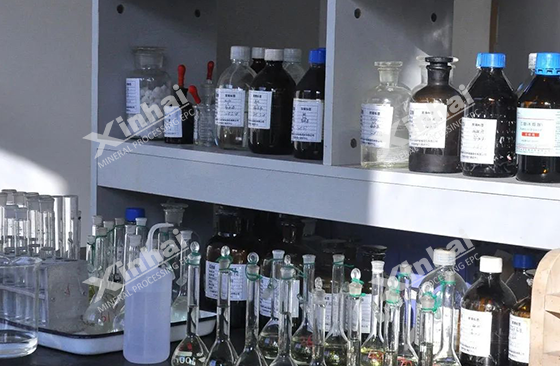
Fluorite flotation depressants play a key role in the ore processing process. The depressants commonly used in quartz-fluorite flotation mainly include water glass, which is one of the most common and effective depressants. Water glass selectively depresses the flotation of quartz by changing the chemical properties of the mineral surface, so that fluorite can be separated more purely. In addition to water glass, there are several other common depressants: starch, tannic acid, alum and wood sulfonate. The selection and use of these depressants need to be determined according to the properties of the specific ore and the requirements of the flotation process to achieve the best flotation effect and economic benefits.
03Fluorite ore pulp pH value
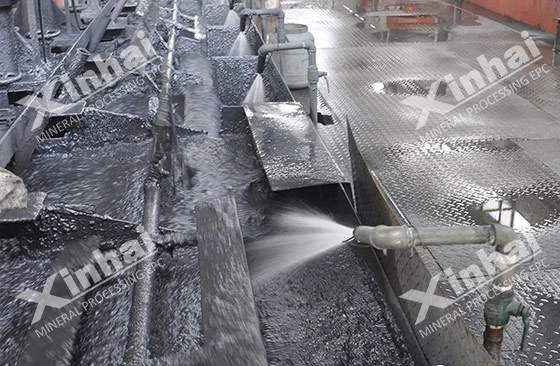
The pulp pH value has a great influence on the flotation effect of fluorite ore. The concentrate recovery rate is high under alkaline conditions, so alkaline conditions are suitable for roughing fluorite ore, and flotation under acidic conditions is suitable for fine silicon reduction. The flotation effect is inseparable from the pulp pH value and the role of reagents, especially inhibitors. Different types of fluorite ores in different regions will be subject to different geological effects, resulting in differences in the physical and chemical properties of the ore surface. Therefore, the specific pulp pH value needs to be determined based on the fluorite ore flotation beneficiation test.
04Fluorite ore grinding fineness

The key to all mineral flotation is to control the grinding fineness, and fluorite flotation is no exception. In most mineral processing tests, the grinding fineness needs to be determined based on the flotation index after grinding. Studies have shown that the flotation of fluorite is affected by the grinding fineness and has a certain regularity on a macro scale: the coarse-grained fluorite has a high CaF2 content, but the recovery rate is low due to the dissociation. When the grinding fineness is controlled at the intermediate particle size, both effective dissociation and recovery rate can be guaranteed. Therefore, when the CaF2 content in fluorite is high, a higher recovery rate can be guaranteed. Too fine grinding particle size will reduce the floatability of fluorite, and ultimately reduce the CaF2 content and recovery rate in fluorite.
05Fluorite ore slurry temperature
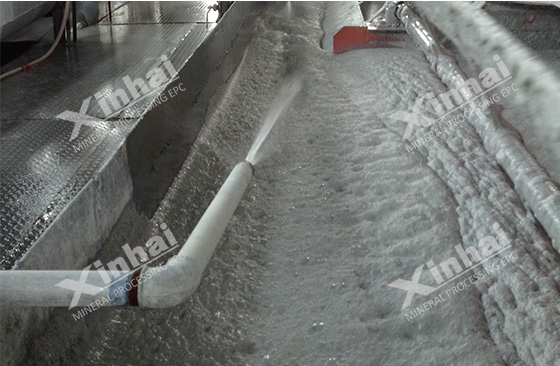
Slurry temperature plays an important role in mineral flotation process and is also the main factor affecting flotation. Slurry temperature mainly affects the dissolution and dispersion properties of oleic acid in the slurry, and then affects the collection performance of oleic acid. Oleic acid often has problems such as low solubility and slow dispersion speed in low-temperature slurry, which leads to poor flotation effect. Properly increasing the slurry temperature can increase the solubility of oleic acid and change the adsorption form of oleic acid on the mineral surface, thereby greatly reducing the consumption of flotation reagents and improving the flotation recovery rate. Fatty acid collectors are often used in fluorite ore flotation, and their flotation indicators are often closely related to the temperature of the flotation slurry.
06Fluorite ore flotation process technology

The flotation concentrate of fluorite ore with quartz as the main gangue has very high quality requirements, and the content of SiO2 and CaCO3 is very high, especially for the production of high-grade acid-grade fluorite. Based on the cost of mineral processing, mature experience, etc., most of the fluorite mines in production at home and abroad still use oleic acid, water glass (or acid water glass) and slurry pH adjuster sodium carbonate. The only difference in the mineral processing plant is the mineral processing process. High-quality fluorite ore can obtain good mineral processing indicators by using a simple open circuit process, while for difficult-to-select fluorite ore, it needs to be ground very finely to effectively recover the concentrate. Some raw ores with complex components are difficult to flotate and recover even if they are ground to monomer dissociation. Complex process flows need to be designed to make the final concentrate meet the mineral processing requirements, which will also increase the mineral processing cost.
In summary, these factors will affect the flotation effect of fluorite ore. In order to reasonably and efficiently utilize fluorite ore resources, it is necessary to effectively separate fluorite ore and gangue minerals. Therefore, exploring suitable grinding processes, flotation agents and flotation process flows is of great significance for the development and utilization of fluorite ore resources.


 marketing@ytxinhai.com
marketing@ytxinhai.com  0086 13810327080
0086 13810327080 




























































































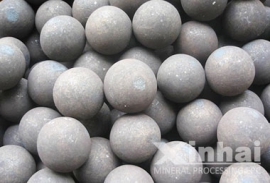
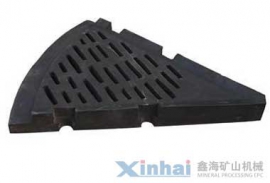








 CHAT
CHAT MESSAGE
MESSAGE





